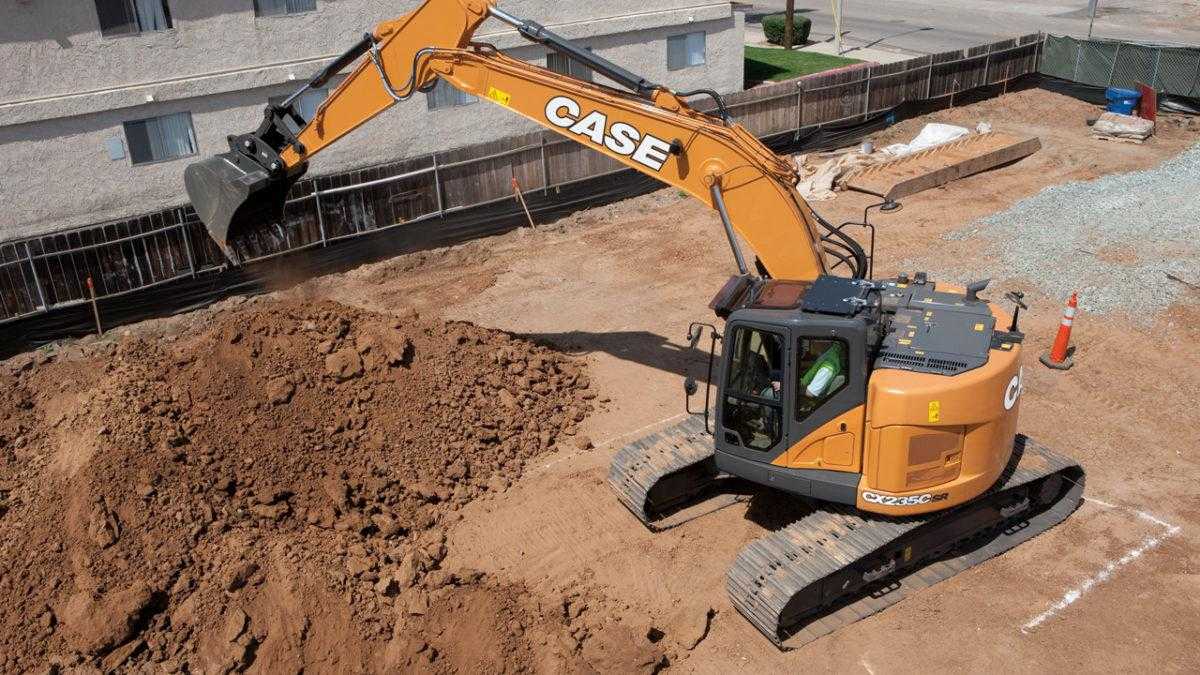Whether you’re an experienced contractor in construction, mining, landscaping, or venturing into a new business, finding the right machinery is key to your success. Heavy equipment sales can be a complicated endeavour, as the stakes are high and the options are numerous. This guide provides the necessary information to steer you through the process and ensure you come away with machinery that aligns with your business needs.
Table of Contents
ToggleUnderstand Your Project Needs
The first and foremost thing to consider in heavy equipment sales is understanding your project needs. The type of machinery you require depends on your project’s size, location, and specific requirements. For instance, a large-scale construction project would demand different machinery from a residential landscaping project.
Type of Heavy Equipment
Some common types of heavy equipment you might come across include:
- Excavators: These are typically used for digging and are common in construction and mining operations.
- Bulldozers are great for moving large amounts of dirt or clearing land.
- Backhoes: These are versatile machines for digging, back-filling, and grading.
- Skid-Steer Loaders: These compact machines are great for smaller jobs with limited space.
- Cranes: These are used for lifting and moving heavy items.
New vs. Used Equipment
Once you understand your project’s needs, the next step is deciding between new or used machinery.
New Heavy Equipment
Purchasing new equipment comes with a higher price tag but also offers a host of benefits:
- Warranty: New machinery typically comes with a warranty that covers repairs and maintenance for a certain period.
- Latest Technology: New models will have technological advancements, improving productivity and efficiency.
- Finance Options: Many suppliers offer attractive financing options for new machinery.
Used Heavy Equipment
On the other hand, used machinery can offer significant cost savings:
- Lower Purchase Price: Used equipment will generally cost less than new equipment.
- Depreciation: Unlike new machinery, used equipment has already undergone most of its depreciation.
- Availability: Used equipment is typically readily available, without the waiting period associated with new models.
Research Reputable Sellers
Researching reputable sellers is crucial whether you’re considering new or used heavy equipment sales. Check customer reviews and ratings, consult with industry peers, and don’t hesitate to ask potential sellers about their warranty policies, after-sales support, and the history of the used equipment.
Consider Equipment Financing
In heavy equipment sales, financing options are a crucial consideration. The cost of heavy machinery can be prohibitive, so understanding the financial landscape can ease the burden.
Loans
Many financial institutions provide loans for heavy equipment purchases. The key here is to research interest rates, payment plans, and any possible hidden fees.
Leasing
Leasing is another popular option. It offers lower upfront costs and often includes maintenance plans. However, you won’t own the equipment at the end of the lease term.
Evaluate Ongoing Maintenance Costs
Maintenance is an often-overlooked aspect of heavy equipment sales. Regular servicing is crucial to extend the lifespan of the equipment and prevent costly breakdowns.
Maintenance Plans
Some sellers or manufacturers offer maintenance plans as part of the purchase or lease agreement. These can include routine checks, parts replacements, and repair services.
DIY Maintenance
Some basic maintenance tasks can be performed in-house. These include regular equipment cleaning, lubrication, and inspection for wear and tear. However, more complex tasks will require professional servicing.
In conclusion, navigating heavy equipment sales can be challenging. Still, with thorough research, careful consideration of your project needs, and a keen understanding of financing options and maintenance costs, you can make informed decisions that drive your projects to success. The key is to take the time to understand your requirements, consider all your options, and seek advice from industry peers or professionals whenever necessary. Remember, the right equipment is not just about cost, but about ensuring efficiency and productivity for your projects in the long run.
Categories
Recent Posts
Advertisement


